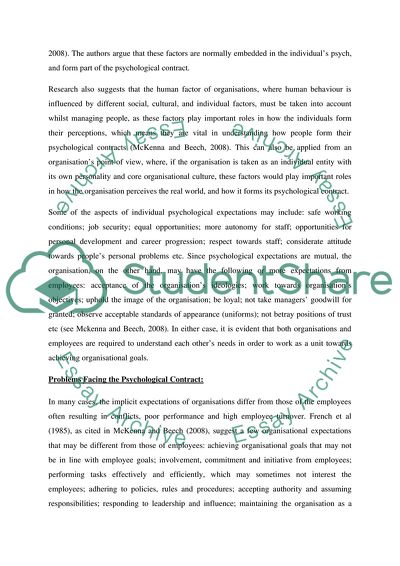Cite this document
(Whether It Is the Managers Responsibility to Make Sure the Contract I Case Study, n.d.)
Whether It Is the Managers Responsibility to Make Sure the Contract I Case Study. https://studentshare.org/human-resources/1732463-hrm-psychological-contract
Whether It Is the Managers Responsibility to Make Sure the Contract I Case Study. https://studentshare.org/human-resources/1732463-hrm-psychological-contract
(Whether It Is the Managers Responsibility to Make Sure the Contract I Case Study)
Whether It Is the Managers Responsibility to Make Sure the Contract I Case Study. https://studentshare.org/human-resources/1732463-hrm-psychological-contract.
Whether It Is the Managers Responsibility to Make Sure the Contract I Case Study. https://studentshare.org/human-resources/1732463-hrm-psychological-contract.
“Whether It Is the Managers Responsibility to Make Sure the Contract I Case Study”. https://studentshare.org/human-resources/1732463-hrm-psychological-contract.


